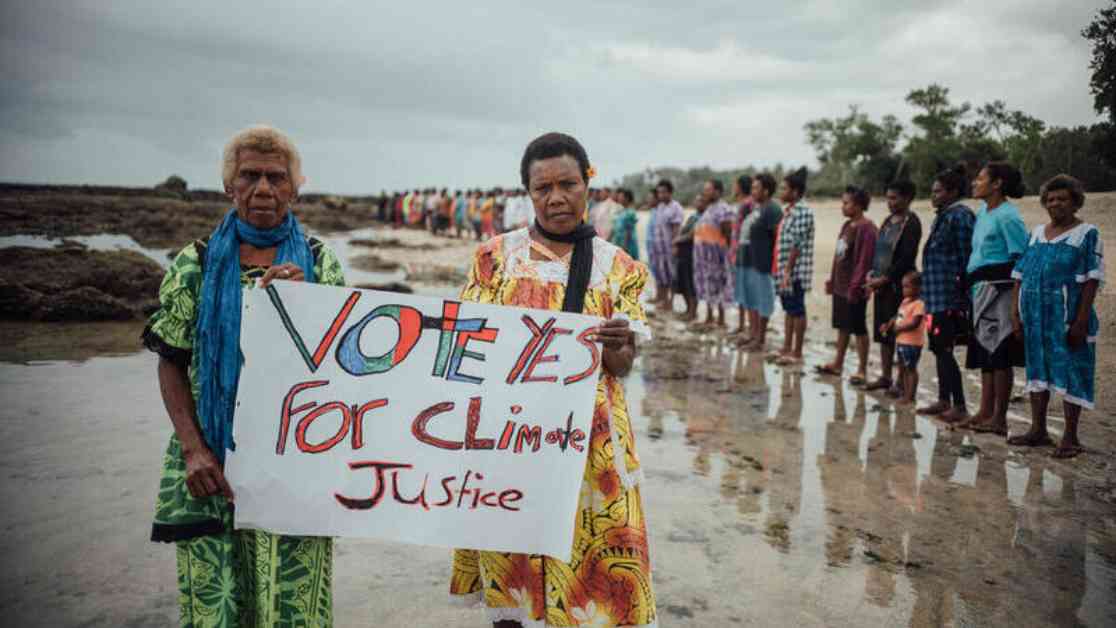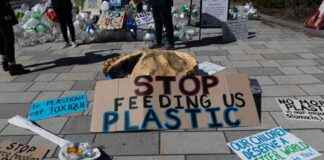The urgency for climate reparations is at the forefront following the disappointing outcomes of COP29, where major polluters once again fell short of delivering the necessary funds to address climate harm. However, a beacon of hope shines on the horizon with the upcoming hearings at the International Court of Justice (ICJ) from December 2-13. These historic proceedings hold the potential to advance the case for climate reparations and provide legal clarity on the obligations of states in the face of the climate crisis.
Legal Clarity for Climate Justice:
The ICJ hearings will play a crucial role in shaping the international legal landscape concerning climate change. The Court’s advisory opinion has the power to create tangible impacts by interpreting binding laws and serving as a form of preventive diplomacy. One of the central issues at stake is the repercussions states may face when breaching their climate-related obligations and causing harm. These consequences could involve ceasing detrimental activities, ensuring non-repetition, and offering full reparation, including various measures such as compensation, rehabilitation, and satisfaction.
The Urgent Need for Reparations:
With the underfunding of loss and damage mechanisms under the UN Framework Convention on Climate Change (UNFCCC), the call for accountability from powerful polluting countries becomes more pressing than ever. The failure of COP29 to address the substantial funding gap further highlights the necessity for clarity on states’ legal responsibilities in providing effective remedies for climate-related harms. The ICJ has a unique opportunity to underscore that climate reparations are not acts of charity but obligations rooted in justice.
A Turning Point for Climate Justice:
The forthcoming ICJ advisory opinion could have far-reaching implications for global climate law and policy, empowering vulnerable nations with legal tools to assert their rights in climate negotiations. As discussions continue within the UNFCCC, the ICJ’s stance on climate duties may guide states and communities seeking redress for climate damage outside traditional frameworks. The fight for climate accountability extends beyond the courtroom, requiring a collective effort to address structural injustices and demand justice for people and the planet.
In the midst of mounting climate challenges, the ICJ hearings stand as a beacon of hope for those impacted by climate harm. As the world awaits the Court’s advisory opinion, the battle for climate justice rages on, uniting individuals across generations and borders in a shared quest for a sustainable future.














